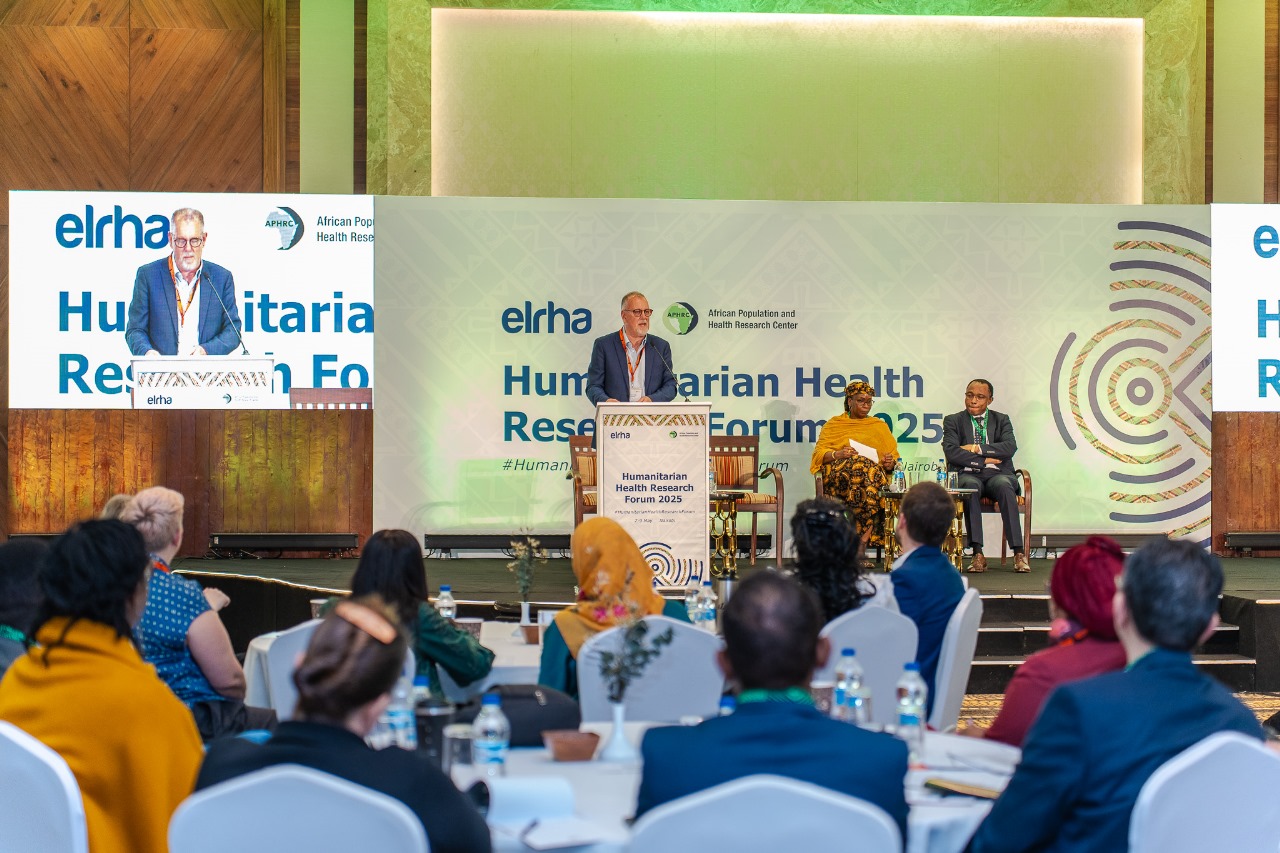
Climate change poses a great danger to public health worldwide due to its
notable disruptions to significant health needs.
It has been established as a present-day public health crisis, ranging
from increased vector-borne diseases to the collapse of essential health
services.
The climate emergency is amplifying health inequalities, particularly in
Africa.
Experts from leading organisations, including the United Nations, the
African Population and Health Research Centre (APHRC), and Elrha, are now
calling for integrated action to combat this crisis.
Speaking during a high-level dialogue on climate and health in Nairobi,
Fatima Mohammed Cole, Deputy Regional Director of the United Nations High
Commissioner for Refugees (UNHCR), emphasised the urgent need to link climate
action with public health responses.
“Climate change exacerbates existing vulnerabilities. It increases food
insecurity, worsens water scarcity, and fuels migration, which directly affects
people’s health,” she said.
The effects are already visible across the continent.
According to the African Population and Health Research Center (APHRC),
rising temperatures and unpredictable rainfall have led to the resurgence of
diseases like malaria and cholera, especially in informal urban settlements
where access to clean water and sanitation is limited.
Beatrice Kiage, Research Scientist at APHRC, noted:

“We are witnessing more cases of malnutrition in children, spikes in
diarrheal diseases, and increased incidences of heat stress among the elderly.
Our health systems are not designed to handle the complex and compounding
nature of these challenges.”
Moreover, climate-induced displacement is placing further strain on
already overstretched health services.
“Women and children bear the brunt of climate displacement. They are more
exposed to violence, lack access to reproductive health services, and suffer
mental health consequences that go unaddressed,” Cole said.
In Kenya, APHRC’s research shows that poor urban residents are among the
most vulnerable.
Over 60% of Nairobi’s population lives in informal settlements, where the
effects of climate change, including flooding and heatwaves, exacerbate already
precarious living conditions.
“When a mother has to choose between buying water and feeding her
children, that is a health crisis rooted in climate injustice,” said Kiage.
Speaking at the forum, Professor Alastair Ager, Chair of the Research for
Health in Humanitarian Crises (R2HC) Advisory Group, emphasized the importance
of strengthening local health systems to respond to climate shocks.
“Climate change is not only an environmental issue but a fundamental
threat to human health and well-being,” said Professor Ager.
“We must prioritize health resilience, especially in communities already
facing systemic inequities,” he noted.
He stressed that evidence-based interventions, grounded in local
realities, are essential to mitigate the cascading effects of climate change on
public health, particularly in urban informal settlements where vulnerabilities
are most acute.
APHRC is advocating for climate-resilient health systems and localized
adaptation strategies. Beatrice Kiage called for increased investment in health
infrastructure, community health workers, and public awareness campaigns that
tie climate action to health outcomes.
Cole urged African governments and the international community to act
with urgency.
“Protecting health must be at the center of climate strategies. We need
policies that are people-centered and that uphold the right to health and a
clean environment,” she said.
As the world races to meet climate goals under the Paris Agreement,
Africa stands at a critical juncture.
Bridging the gap between climate resilience and public health could mean
the difference between sustainable development and spiraling crises.
The stakeholders noted that the intersection of climate change and public
health demands cross-sectoral action because, as experts warn, the health of
our planet and its people are inseparably linked.
Top of Form
Bottom of
Form













